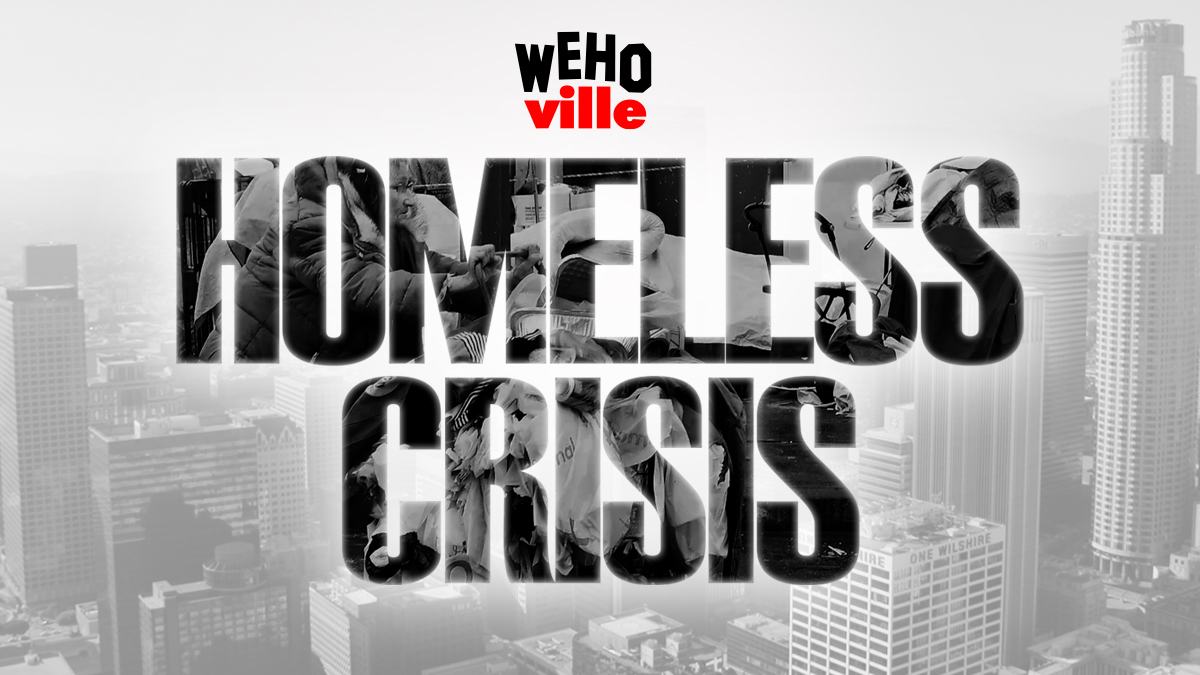While a recent L.A. County lawsuit settlement promises to improve mental health and addiction treatment for the city’s homeless population, the efficacy of the plan remains in question. The settlement obliges L.A. County to add 3,000 mental health treatment beds by the end of 2026, a tenfold increase from what the county initially proposed. This comes after Judge David O. Carter rejected earlier settlement offers for being insufficient.
The first 600 beds are slated to be operational by the end of this year, with hundreds more to be added annually until the 3,000-bed target is met. Janice Hahn, chair of the L.A. County Board of Supervisors, has expressed confidence in the proposal, stating that the county is “all-in” to address the homelessness crisis. However, it’s worth noting that the judge had to warn county officials to settle the case satisfactorily, or else their communications about homelessness would be disclosed to the plaintiffs’ lawyers.
While the settlement is hailed as a significant step forward, it leaves many questions unanswered. For instance, there’s ambiguity about the types of treatment services that will be offered and how many of these beds will actually serve the unhoused in L.A. city versus other parts of the county. Moreover, the settlement doesn’t address the root issue: the lack of affordable housing.
Even the lawyers involved in the case have differing opinions. While Matthew Umhofer, a lead attorney for the L.A. Alliance for Human Rights, praised the settlement for bringing accountability, attorney Shayla Myers criticized it for lacking a long-term housing solution. She argues that without permanent housing, people will end up back on the streets after treatment.
Judge Carter has insisted on strong court oversight, including the appointment of a “special master” to report on the county’s progress. This move may add a layer of accountability, but it also raises questions about the county’s transparency, especially when it comes to spending on homelessness. Carter pointed out that the county has not provided a detailed accounting of its homelessness spending, which could be in the hundreds of millions.


Prayers that the mayor gets the first bed.
As this city is substantially ignorant if Historic Preservation and Cultural structure b prior to cityhood, they are substantially ignorant about the genesis of affordable housing. Likewise the Scott Weiner et al concepts of how to initiate it holistically. Early in the 20th c leading families such as the Carnegies and the Phipps underwrote affordable housing for numerous communities.
All of California’s problems are a direct result of one-party rule.
Truth! And the brainwashed STILL defend them and vote for them. It is like mass suicide.
3000 beds for mental illness while democrats open the border for 7 million more illegal aliens, on top of the 30 million they welcomed over the last 25 years. How’s those sanctuary cities and states (to steal House seats) working out for ya?
It’s outrageous. One-party rule has destroyed this state.
We appear to have a Homeless Crisis, an Affordable Housing Crisis and a Constitutional Crisis. Each of these entities have acquired a lifeblood of their own as a result of vampires in the system sucking financial benefits without providing solutions to the problems. They have not only hijacked our society but ostensibly gridlocked our systems at a local level.
The root issue is NOT affordable housing. The vast majority of homeless are not looking for an affordable home. Many lost their homes because of their personal issues. They are drug addicts, alcoholics, or mentally ill. Adding more mental health beds IS a step in the right direction. More of our tax dollars that are collected in the name of affordable housing/homelessness should be directed to building more mental health and drug/alcohol rehabilitation centers. AND we need to work to change the laws so that those that are not in their right mind can be placed in a facility to… Read more »
The studies and reports cite affordable housing.
“…emphasizing the structural or macro causes of homelessness. These structural factors suggest that broader efforts to address housing affordability, low incomes, and income inequality may be the most effective policies for preventing homelessness.”
Why would anyone want to reward bad behavior and reward bad life choices. These outcasts are so zombied out, they won’t know the difference of living on a sidewalk in weho, or living in a tent in the desert where free food could be provided. Just get them away from me and people who want to live in a safe city. We are doomed, folks.
Care to do us a favor and sell your slumlord property and leave West Hollywood?